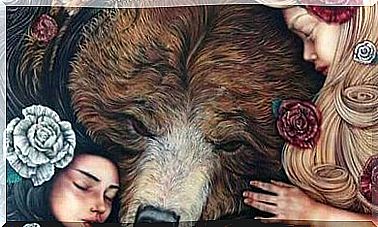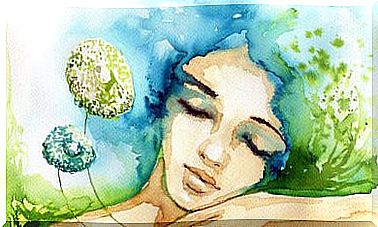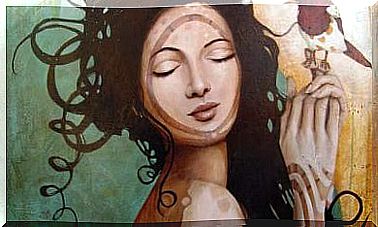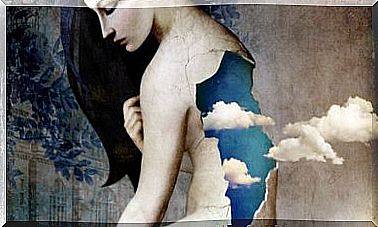7 Types Of Consumers, Which One Are You?

There are different types of consumers and this is known by marketers. Also those who are involved in the business world. Sales strategies take these differences into account. That is why products and campaigns are aimed at activating these purchasing mechanisms, according to the personality of the customers.
This is particularly visible on the Internet. In this area there are countless mechanisms to detect and classify the behavior of different types of consumers. In this way, the offer is refined as information is collected. The objective is only one: that you buy more and more expensive.
Buy and feel good about it there is nothing wrong. What can be problematic is that they induce you to do it more often than is reasonable or that it serves as a behavior to cover other deficiencies that you do not cover with the product you purchase, such as emotional ones. Or that they push you in some way to buy unnecessary things, using the analysis of your behavior. That is why it is worth being aware of how we buy. These are the most common types of consumers.
1. The one who only buys the best
According to a study carried out by the Euromonitor firm, this is one of the consumer groups in which there are no gender differences in terms of composition. About half of the group are men and the other half are women.
The average age is 35 years and corresponds to 17% of all consumers. They are confident, knowledgeable, and highly technological people. They buy only what gives them status. They buy beautiful and expensive things, even if they have to do with fewer products.

2. The impulsive, one of the most frequent types of consumers
This is the type of consumer that represents the dream of every salesperson. It is estimated that this segment is made up of 52% women and 48% men. The average age is 34 years old and their main characteristic is that they love shopping.
They are sociable, spontaneous and, of course, impulsive people. The magic word for them is “Offer”. Almost half of their purchases are made online, especially through mobile phones. They don’t spend more than a month without buying something.
3. The balanced optimist
It corresponds to 20% of the sample studied by Euromonitor. 51% are women and 49% men. Their average age is 39 years old and their main characteristic is that they analyze their purchases well and do not get carried away by the first impression or what the advertising shows them. They are of those who ask and try to go further.
This type of consumer is practical and confident. They evaluate the quality / price ratio and only buy something when they find a real benefit in it. They are disciplined in their debts and prefer not to acquire them.
4. The wrestling wannabe
The most characteristic thing about this type of consumer is that they are distressed. They want their life to be better and they associate this evolution with shopping. They correspond to 7% of buyers. 53% of this group are women and the rest are men.
Your shopping habits are highly emotional. They can sometimes buy absolutely nothing, even if it is a real bargain. At the same time, they could buy everything, even if it is expensive and does not work for them. It all depends on your mood.

5. The conservative homebody
This group is the “most feminine” of all: 58% of this segment is made up of women. They correspond to 20% of buyers and have an average age of 44 years. Their main characteristic is that they think in terms of family.
This is one of the most detailed types of consumers. They look at everything. They are not concerned if they are behind on trends or if they do not have the fashionable gadget. They buy only what they really need, when they need it. They are the least manipulable.
6. The Independent Skeptic
This is the most masculine segment of all: 55% are men. They have an average age of 35 years. They are very independent and claim to live life “on their own terms.” They distrust commerce in general.
They correspond to 10% of consumers and there is something very marked about them: they hate shopping. They only buy a product when it is absolutely essential. In fact, they prefer to delegate the purchases to others. Also, the Internet does not play a significant role in their lives when it comes to purchasing products.
7. The sure traditionalist
They correspond to 22% of consumers. This is another “male group”, since 58% of its members are men. Like the previous segment, they hate shopping. It is one of the types of consumers that represent a problem for any seller.
Unlike the skeptics, this segment feels completely confident. Feel that your life unfolds within the framework of great well-being. That is why it is not a function of acquiring anything. It feels good about what they have.

All these types of consumers are meticulously studied in the marketing departments, so that in many cases, each type ends up having a differentiated offer. Finally, “the customer is always right” and precisely what the marketing gurus are looking for are good strategies so that we have the information we are looking for according to our consumer profile … and finally we buy.









